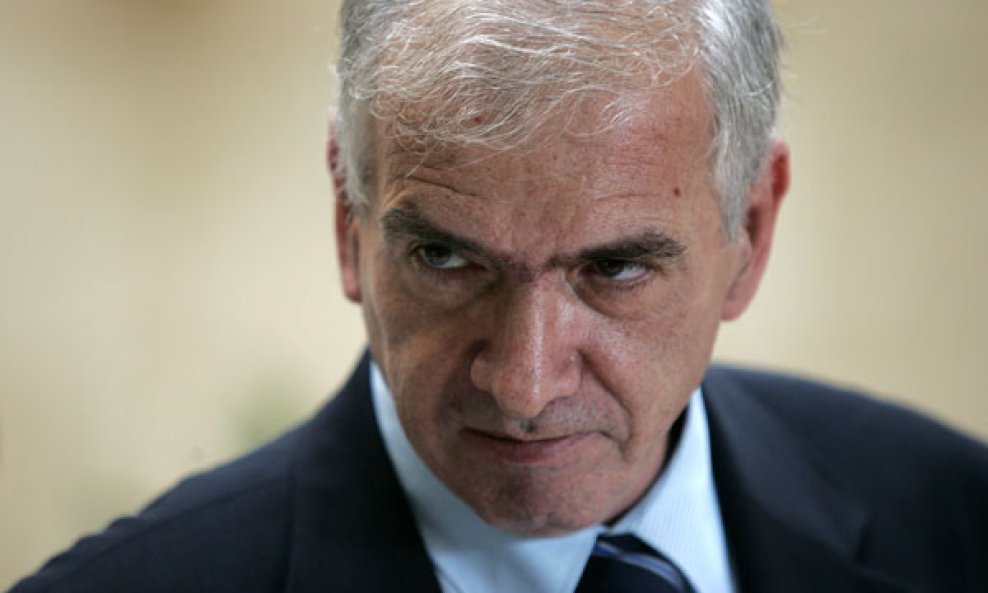Croatian National Bank (HNB) governor Zeljko Rohatinski said on Thursday that Slovenia's latest condition regarding Croatia's European Union entry talks - the entry of Nova Ljubljanska Banka on the Croatian market - represented direct pressure on the HNB and that the HNB would have the strength to resist the pressure.
Speaking on Croatian Television, Rohatinski said the information so far had been that Slovenia would make the closing of the negotiation chapter on the free movement of capital conditional on Croatia's consent to the reopening of negotiations on foreign currency savings in Ljubljanska Banka under the auspices of the Basel-based Bank for International Settlements.
In line with the agreement on succession to the former Yugoslavia, such negotiations were already held in 2001 and 2002, yielding no results, according to Rohatinski.
"Regardless of that, the HNB will suggest that the government agree to the reopening of those negotiations, provided that all other successor countries agree to it. If the negotiations succeed, namely when depositors get their savings back, there will be no more obstacles to the arrival of Nova Ljubljanska Banka on the Croatian market," Rohatinski said, adding that this had been the situation to date.
"Today's statement by the Slovenian Foreign Ministry, however, asks for much more, that the HNB allow Nova Ljubljanska Banka to operate in Croatia by the end of the accession negotiations," he said, adding that this put Slovenia in a position to impose solutions as part of the Basel negotiations that were only to its own benefit.
The governor said this constituted direct pressure on the HNB, but stressed that the central bank would have the strength to fend off such pressure.
Commenting on Croatia's economic situation, he said, "There's a light at the end of every tunnel, but the question is how long the tunnel is. I'm afraid a lot more effort will be necessary to reach the light."
Rohatinski said the government's economic recovery programme was well-oriented but that the beginning of its implementation was already showing many problems in conceiving and especially in carrying out measures, adding that this referred to the state budget and public companies' debts, for example.
"In that context, today's (government) measures are somewhat problematic. If only one could overcome the crisis with such measures. In a way, they are populist measures and their actual impact is very limited and, obviously, very harmful to the institution they affect. I don't think that's a good way to deal with problems", said the central bank governor.





































